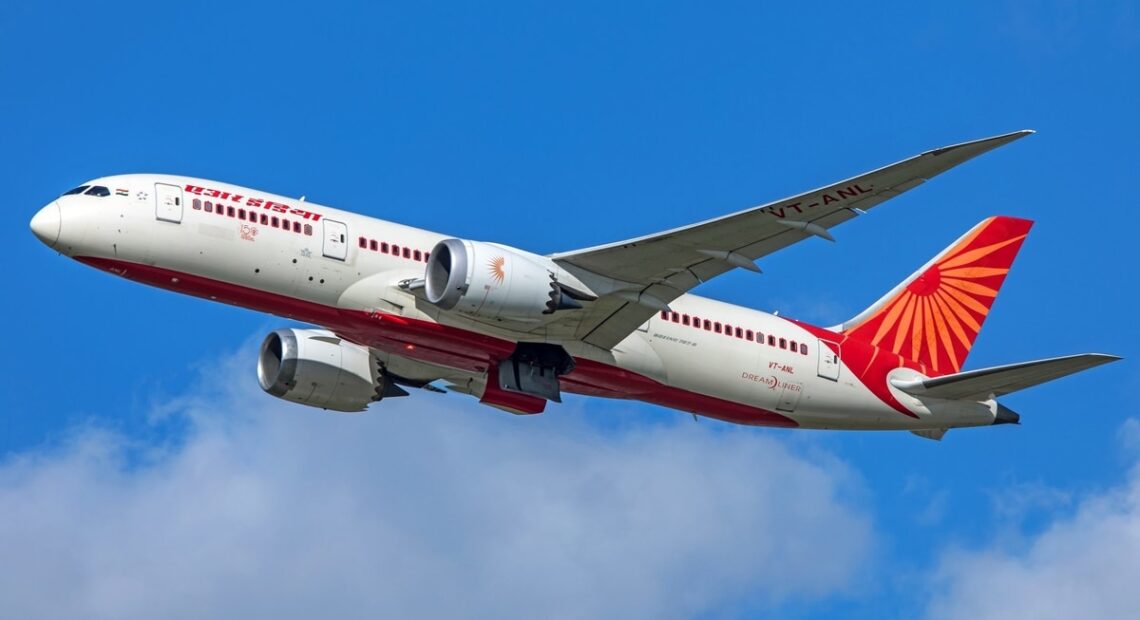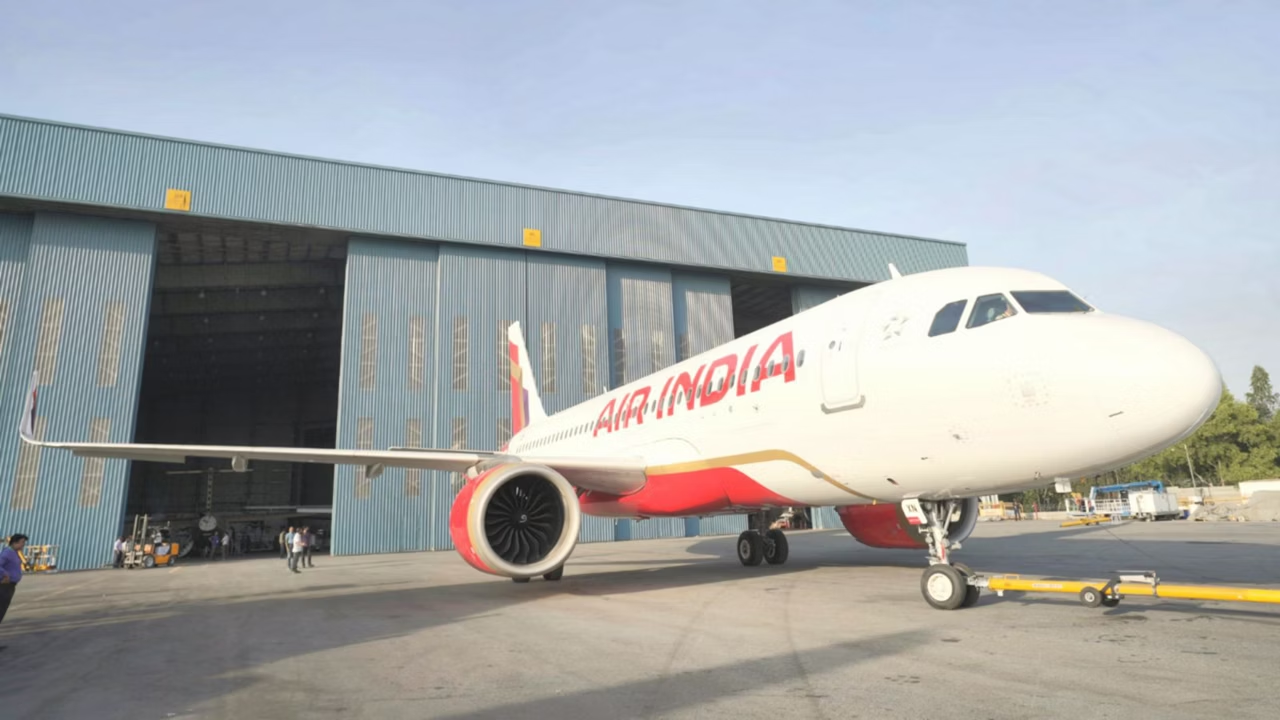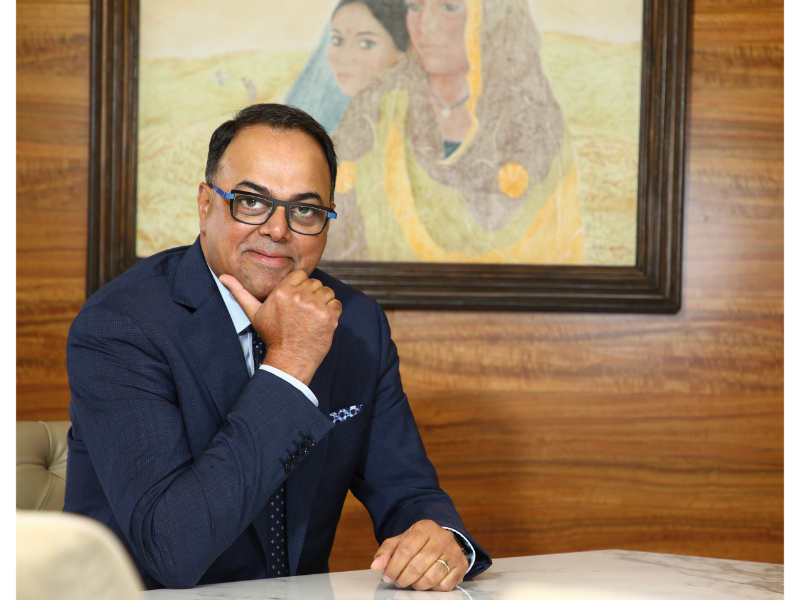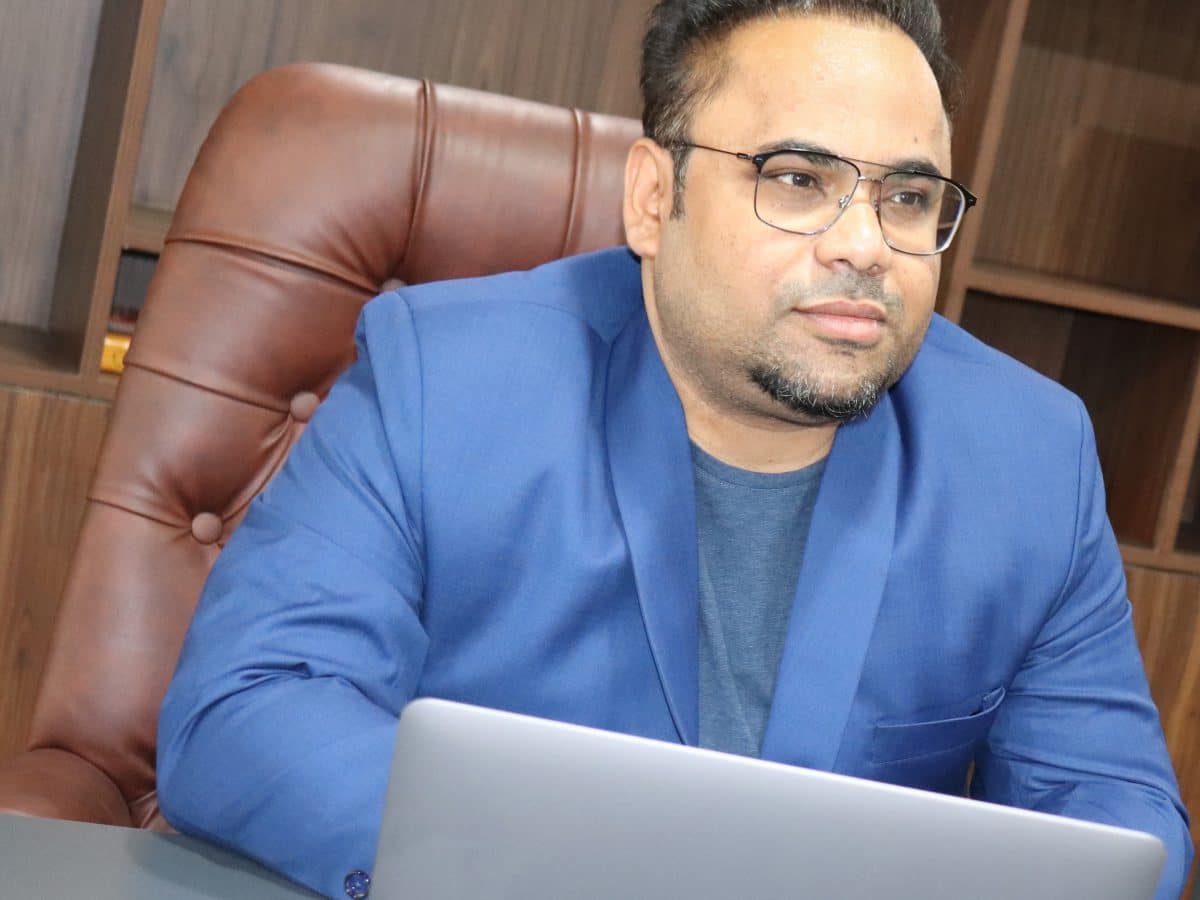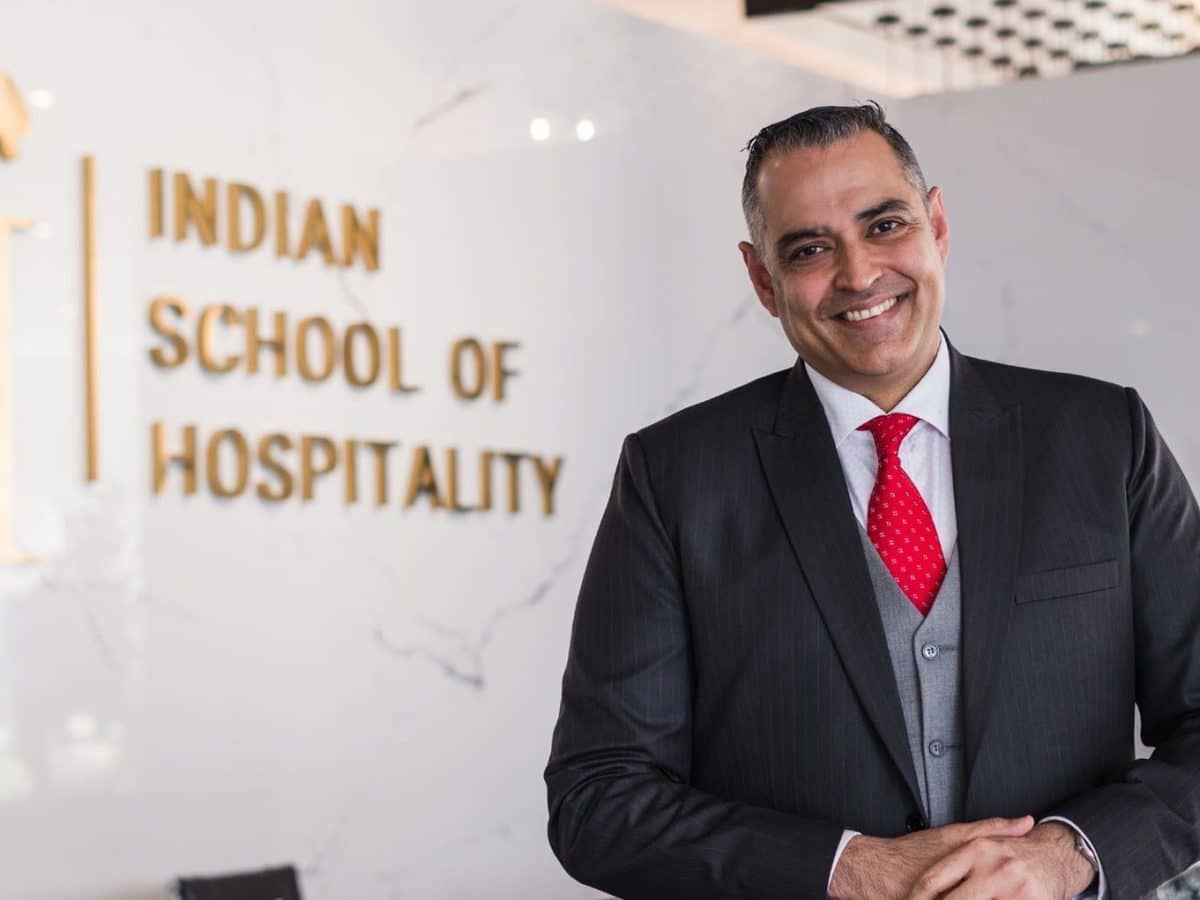Most people sigh after perusing the newspaper every morning, but not Nikita Ramchandani. It puts a pep
in the step of this newly appointed General Manager of JW Marriott Mumbai Juhu. No, it is not the news
about Tokyo Olympics or the incessant political drama that gets her fired up. Instead, the steadily rising vaccination numbers bolster her hope that the hospitality sector will soon turn the corner.
She anticipates the industry will touch pre-COVID levels by the latter half of 2022. And she is busy is planning differentiated product offerings and curated experiences at JW Marriott Mumbai Juhu to fully capitalise on this economic rebound, taking along all stakeholders.
“The second wave led to heightened awareness and agility in our decision making process with more pronounced strategies. Our partners and vendors are better equipped to adapt and flex with the changing dynamics of the environment,” Ramchandani noted.
Functions of most departments were rebuilt at the hotel to imbibe more efficiency and flexibility in its processes. Additionally, it is better prepared to extend medical support to its associates and their families, taking a cue from Marriott International’s ‘Take Care Virtual Centre’ initiative.
SWEET REVENGE
After months of being cooped up, people are boldly stepping out to holiday destinations like Manali, Shimla, Kodaikanal, Ooty, Lonavala and Mahabaleshwar. Even metro cities are witnessing a resurgence in enquires and bookings, often recording an average 50% occupancy.
Following a lengthy period of non-existent occupancies, hoteliers like Ramchandani are welcoming this bout of revenge tourism, which could very well hold the key to business recovery. “With international borders closed, we have elevated our offerings to local guests who are seeking unique and refreshing experiences closer to home,” she stated.
However, she believed this trend might fade once current travel limitations are lifted. A similar situation was witnessed in Maldives when the country’s borders re-opened. Not that it stopped industry players from making hay when the sun shone!
SATISFACTION, GUARANTEED
In the wake of the pandemic, which impacted their wellbeing, guests now expect higher standard of care and personalisation, with wholesome experiences that are safe, fulfilling and memorable. Whether it is a full-fledged vacation or a weekend getaway, they want a normalised environment but seek a touch of wellness and whimsy thrown in. This could include recreational activities such as yoga, meditation, cooking with expert chefs, savouring the best international cuisines coupled with personalised service and a touch of luxury in each element.
Hotels have been handed a unique opportunity to evolve their products and service offerings to match these elevated guest attitudes. Ramchandani believed that now is the time to provide guests compelling experiences, which are distinctive to each destination’s local fabric.
Now is also the time to enliven and inspire guest journeys, since physical borders between brands and customers have dissolved and hotels have a singular objective – to reach the customer wherever they are. She pointed out how the company’s initiatives, like ‘Marriott Bonvoy on Wheels’ and ‘Celebrate with Marriott’ saw phenomenal success over the past year because people demanded the luxury dining experience at home and intimate celebrations.
REWRITING THE PLAYBOOK
Most hoteliers have pegged their hopes on pent up demand to boost the hospitality business once current restrictions are removed.
Select segments of travel bounced back strongly in the past few months already as lockdown rules were eased, with luxury properties and weekend getaways topping the list. Interestingly, price is no longer a criterion for guests making travel plans. According to Expedia Group’s Traveler Value Index research, people want to book with trusted brands who will keep them safe and will deliver on their experiences.
“As vaccination rates rise and borders open gloablly, people are ready and eager to travel. However, the months of uncertainty are weighing on their travel decisions and shifting the conventional belief that price is the top driver of bookings,” said Ariane Gorin, President, Expedia for Business, Expedia Group.
Hotels can tap into this emotive outlook to capture the interest and spending power of these customers. Ramchandani noted that their primary objective should be to understand guests better, including their various demographics and intrinsic interests.
“It is important to understand the customer evolution. Today, they want extraordinary experiences closer to home and what we offer within the hotel is what matters most,” she added.
“The JW Marriott Mumbai Juhu can curate authentic and intuitive experiences personalised for each demography, be it multi-generational families, couples and corporate travellers.”
For instance, following the rise of smaller celebrations, the property identified new spaces in the hotel to offer intimate dining with a luxurious decor set up and a customised menu. Since safety is top foremost priority, swift access to medical facilities is also an essential part of the guest experience.
SEE CHANGE
Since 2020, the hospitality industry shifted from a high-touch to a no-touch business. There were times when hotels, especially luxury properties, were hard-pressed to find the right balance between increased health safety protocols while delivering meaningful customer experiences.
Ramchandani agreed that whilst hoteliers ensure the highest safety standards, social interactions cannot
be eliminated. “Our guests seek a certain change in their environment and international standards of service while staying with us. Although we have identified contactless solutions such as mobile keys and digital menus, the one-on-one interaction between an associate and a guest is still prominent and we truly believe is here to stay,” she reaffirmed.

Now is the time to enliven and inspire guest journeys, since physical borders between brands and customers have dissolved.
At the same time, this digital transition obligated hoteliers to quickly acquire new expertise and attitude. They had to equip their workforce with skills to deal with altered customer behaviour and business realities.
Ramchandani recalled how the hotel’s training managers swiftly transited into the new norms and later helped associates follow suit through constant communication and extensive training sessions. “We are constantly up-skilling ourselves through initiatives like ‘Marriott Development Academy’ and engaging in e-learning through tie-ups with international institutions to adapt to the everchanging landscape,” she added.
The agility displayed by hotel companies to put in place systems and infrastructure that offer associates and guests greater flexibility during uncertain times is proof of this industry’s dynamic nature. It also indicates that it has the resilience to deal with future disruptions and crisis situations.
And through it all, professionals like Ramchandani will do what they do best – think outside the box, seek alternative revenue streams and adapt to the existing situation.


